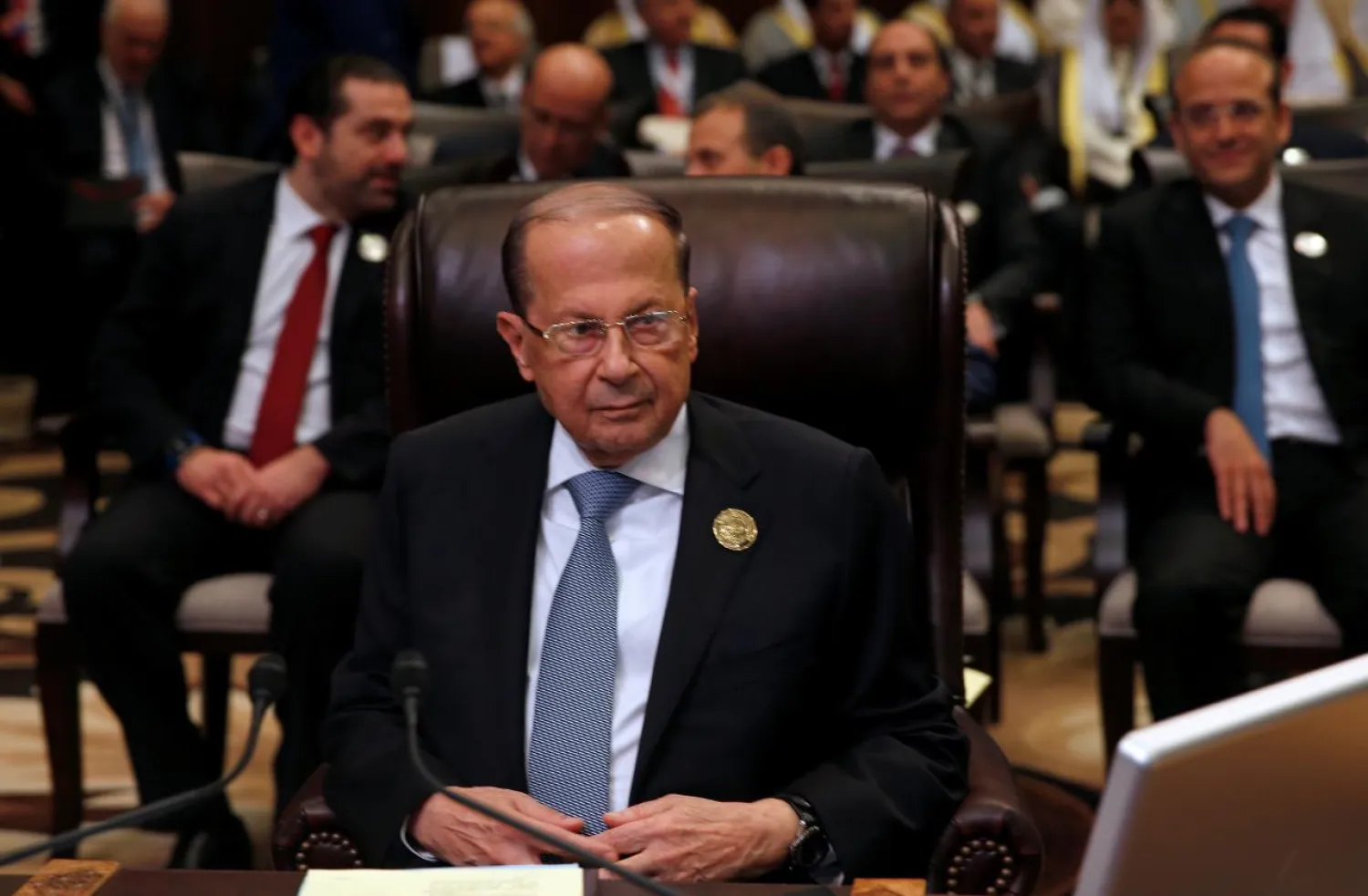As the legislative and advisory body of the Ministry of Justice announced its support for the position of President Michel Aoun on the issue of the decree granting seniority to the officers of the 1994 promotion, the crisis between Aoun and Speaker Nabih Berri further deteriorated, with the latter’s insistence on the need for the finance minister to sign the decree.
The legal controversy has turned into a political dispute, threatening to exacerbate the rift between the two leaders and impact most of the files set for discussion by the Cabinet.
The dispute broke out when the president and the premier signed the decree without sending it to the finance minister. Berri has insisted that the decree should have also carried the finance minister’s signature.
The commission, which is affiliated to the ministry of justice, said on Tuesday that the defense minister represented the competent authority to sign with the President of the Republic and the Prime Minister of the said decree.
Speaking from Tehran, Berri responded to the Commission’s opinion, saying: “Unfortunately, the consultation was made upon a request.” In earlier remarks, Berri responded to Aoun’s request to resort to the judiciary, accusing the Justice Ministry of “political affiliation.”
Finance Minister Ali Hassan Khalil, for his part, said in response to the opinion of the Commission: “The search for arguments to cover the violation of the Constitution is not beneficial… and creates new problems.”
In remarks to Asharq Al-Awsat, former Justice Minister Chakib Kortbawi noted that the opinion of the legislative body did not represent a judicial decision, but had a “legal and moral weight.”
“Official State institutions usually ask for advice from this body, and some of these consultations are mandatory, but not in the present case,” Kortbawi said, adding: “The Commission receives between 30 and 40 consultations per month, upon the request of ministries or public institutions, but citizens have no right to resort to it.”
Member of the Future bloc, MP Mohammed al-Hajjar, said that Prime Minister Saad al-Hariri was exerting efforts to find a solution to this political problem to avoid an undesirable impact on the work of the government and political stability.









